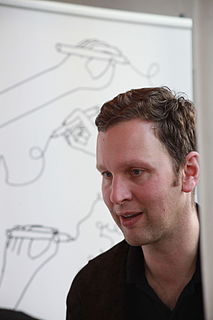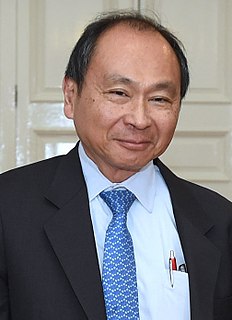A Quote by Eduard Bernstein
The economic interpretation of history does not necessarily mean that all events are determined solely by economic forces. It simply means that economic facts are the ever recurring decisive forces, the chief points in the process of history.
Related Quotes
Now it is unambiguously clear that trickle-down economics does not work. But what does that mean? That means we have to structure our economic policies to make sure that we have shared prosperity. And you don't do that by giving a tax cut to the big winners and raising taxes on those who have not done very well. Your economic policy has to respond to the way our economic system has been working.
The Fascist State lays claim to rule in the economic field no less than in others; it makes its action felt throughout the length and breadth of the country by means of its corporate, social, and educational institutions, and all the political, economic, and spiritual forces of the nation, organised in their respective associations, circulate within the State.
Unlike physics, for example, such parts of the bare bones of economic theory as are expressible in mathematical form are extremely easy compared with the economic interpretation of the complex and incompletely known facts of experience, and lead one a very little way towards establishing useful results.
What Asia's postwar economic miracle demonstrates is that
capitalism is a path toward economic development that is potentially
available to all countries. No underdeveloped country in the
Third World is disadvantaged simply because it began the growth
process later than Europe, nor are the established industrial powers
capable of blocking the development of a latecomer, provided
that country plays by the rules of economic liberalism.


































